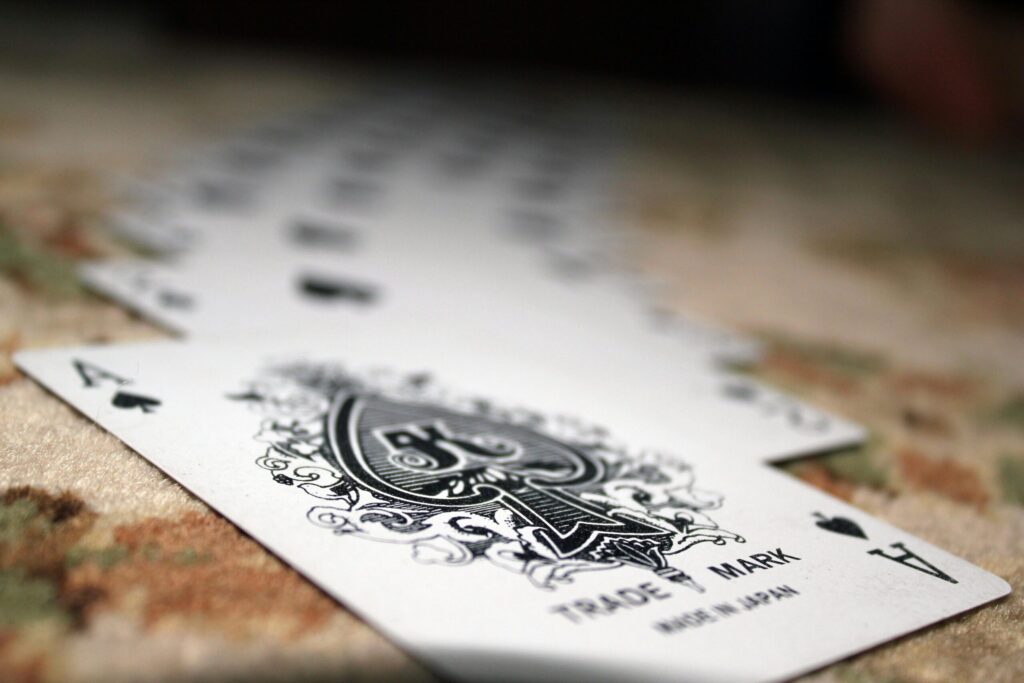Deciding whether to accept even money in blackjack can be one of the most pivotal decisions you’ll face at the table. As your guide to navigating this option, we delve into what it means to take even money, when you might consider it, and the mathematical implications of such a decision on your overall gameplay strategy.
Understanding Even Money in Blackjack
Even money in blackjack occurs when the player has a blackjack, and the dealer’s upcard is an Ace. The dealer will offer you an even money payout before checking their hole card for a potential blackjack. Accepting even money means you agree to a 1:1 payout, guaranteeing a win regardless of the dealer’s hand.
The Mathematics Behind Even Money
Before deciding whether to accept even money, understanding the odds and how they influence your potential earnings is crucial. Blackjack payouts typically offer 3:2 odds, meaning you receive $3 for every $2 bet when hitting blackjack. However, even money reduces this to a 1:1 payoff. Here’s a quick breakdown:
- Normal Blackjack Payout: 3:2
- Even Money Payout: 1:1
Risks vs. Benefits
Taking even money may seem like a safe choice, but it’s essentially a bet on whether the dealer has blackjack. Statistically, the dealer will have blackjack approximately 30% of the time when their upcard is an Ace, suggesting that taking even money could be a less profitable long-term strategy for players.
When to Consider Even Money
| Scenario | Action |
|---|---|
| You’re betting big | Consider taking even money to secure a win |
| You prefer a conservative playstyle | Even money might align with your risk tolerance |
| Counting cards and high concentration of 10s left | Decline even money, as the dealer is less likely to have blackjack |
To Take or Not to Take?
Deciding whether to accept even money in blackjack hinges on your playing style, bankroll, and risk tolerance. While it offers immediate returns, it also reduces potential winnings over time. A player who enjoys the thrill of the gamble and trusts their strategy might opt out, whereas a cautious player looking to secure wins might accept. Each hand offers a new opportunity to assess which approach serves your interests best, marking the rich decision-making landscape of blackjack.
Final Thoughts
In conclusion, the decision to accept even money in blackjack is not black and white. It involves a delicate balance between statistical odds, individual playing style, and personal preferences. By understanding the mechanics and mathematics behind even money, players can make informed choices, ensuring each game remains both exciting and strategic.


